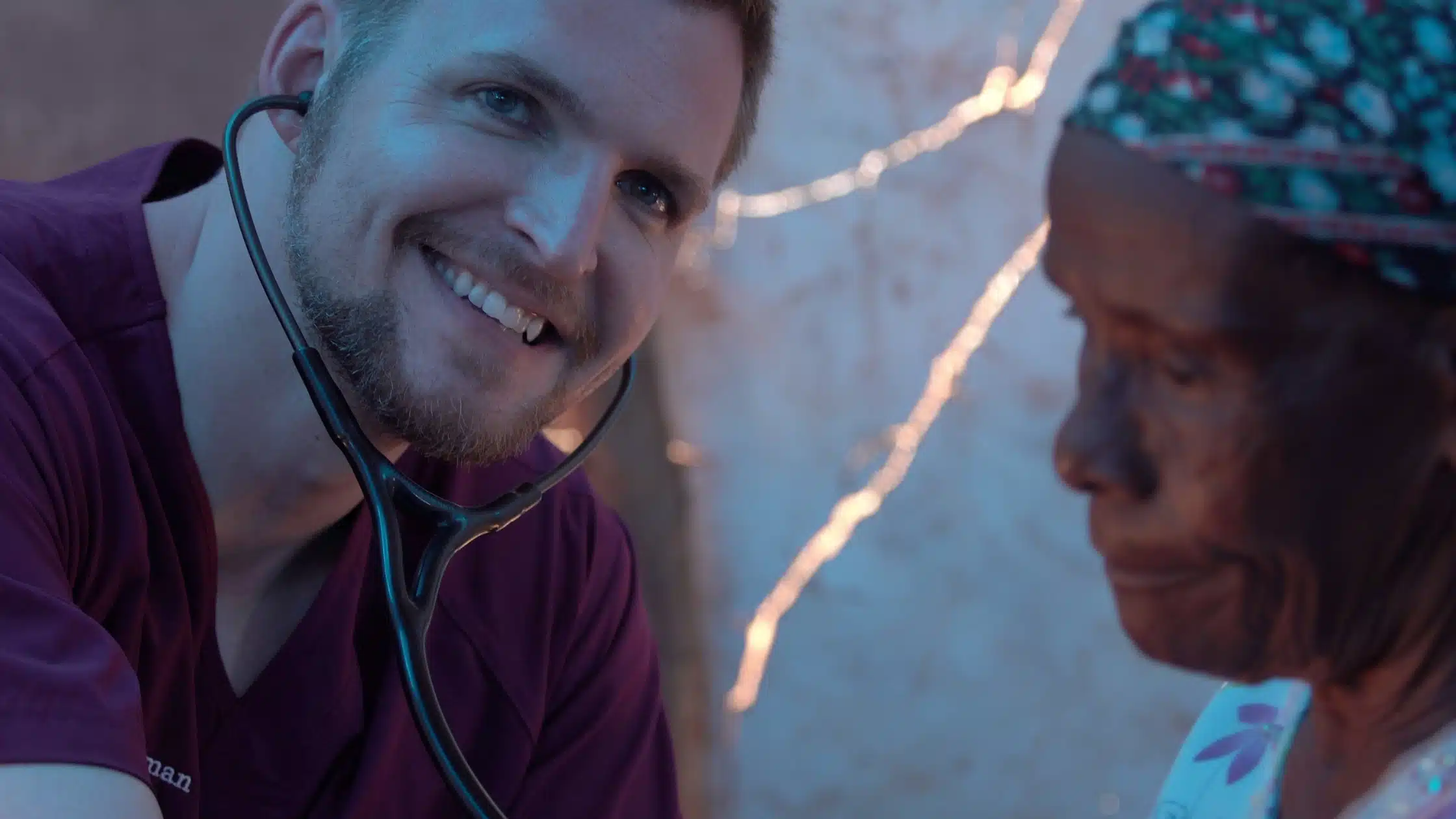The Importance of Medical Translation Services in the Healthcare Industry
Effective communication in the healthcare industry is essential for patient safety and quality care. Medical translation services play a crucial role in ensuring accurate communication between healthcare providers and patients who speak different languages. Without accurate medical translation, misunderstandings can lead to incorrect diagnoses, improper treatment, and even life-threatening situations. This article explores why medical translation services are essential, how they enhance compliance and accuracy, and what makes a translation service reliable.
Outline of the Article
- What is Medical Translation and Why is it Important?
- How Does Medical Translation Ensure Accuracy in Patient Care?
- What Are the Key Challenges in Medical Translation?
- The Role of a Professional Medical Translator
- How Medical Document Translation Helps Patients and Providers
- What Types of Medical Documents Require Translation?
- Why Compliance Matters in Medical Translation Services
- How to Choose the Best Medical Translation Service?
- The Role of Medical Translation in Clinical Trials and Research
- How Medical Translation Services Save Lives
What is Medical Translation and Why is it Important?
Medical translation is the process of converting medical texts, records, and other documents from one language to another. It is crucial for patients, healthcare professionals, and providers to ensure clear communication in medical settings.
For non-English speaking patients, accessing healthcare services without proper translation can lead to misunderstandings about their medical history, treatments, and medications. A competent translator bridges the gap, ensuring that medical information is accurately conveyed.
How Does Medical Translation Ensure Accuracy in Patient Care?
Accuracy is critical in medical translation, as errors can have serious implications. A single mistranslated phrase in a medical document could lead to incorrect treatments or medication usage. Translation service ensures that important details about a patient’s medical history, allergies, and prescribed medications are accurately translated.
Professional translation services use expertise in both medical and linguistic fields to assure quality translations. Proofreading and interpretation services further enhance clarity and accuracy.
What Are the Key Challenges in Medical Translation?
Despite its importance, medical translation presents several challenges:
- Medical Jargon: Medical terminology is complex and highly technical. Only experienced translators can properly interpret these terms.
- Cultural Differences: Patients’ backgrounds affect how they understand medical information. A translator must adapt translations to match the patient’s literacy level and cultural context.
- Confidentiality: Medical records and documents contain sensitive data, requiring strict security measures. Compliance with regulations ensures confidentiality in medical translation services.
The Role of a Professional Medical Translator
A professional medical translator must have strong language skills and expertise in the medical field. They are responsible for translating medical documents, clinical notes, and patient information while maintaining accuracy and clarity.
Key skills include:
- Fluency in Two Languages: A translator must understand both the source and target language fluently.
- Knowledge of Medical Terminology: They should be familiar with technical medical language used by doctors.
- Attention to Detail: Even small errors can have serious consequences in medical settings.
How Medical Document Translation Helps Patients and Providers
Medical document translation benefits both patients and healthcare providers by:
- Helping Patients Understand their diagnoses, treatment options, and medication instructions in their native language.
- Ensuring Compliance with medical regulations and international healthcare standards.
- Facilitating Communication between multilingual medical professionals and their patients.
This type of translation service is essential for healthcare services to be accessible to everyone, regardless of their language.
What Types of Medical Documents Require Translation?
Several types of medical documents need professional translation, including:
- Medical Records: These include a patient’s medical history, diagnostic reports, and treatment records.
- Consent Forms: Patients must understand the implications of their treatments before signing a consent form.
- Clinical Trial Documents: Researchers conducting clinical trials need translations for protocols, reports, and regulatory submissions.
- Medical Equipment Manuals: Instructions for using medical equipment must be accurately translated to avoid errors.
Each medical document requires precise document translation to prevent misinterpretations.
Why Compliance Matters in Medical Translation Services
Compliance with regulations is a key aspect of medical translation services. Translators must follow international healthcare industry guidelines, including:
- HIPAA (Health Insurance Portability and Accountability Act) – Protects the privacy of patients’ medical data.
- ISO Certifications – Ensure high-quality medical translation practices.
- GDPR (General Data Protection Regulation) – Protects personal data in medical documents for European patients.
A reliable translation service adheres to these standards to assure patient safety and data protection.
How to Choose the Best Medical Translation Service?
When selecting a medical translation service, consider:
- Experience and Expertise: The service provider should specialise in medical and legal translation.
- Certified Translators: A certify-level translator ensures high-quality work.
- Accuracy and Proofreading: Look for services that offer proofreading and error checks.
- Timely Delivery: A good translation service provides fast and timely translations without compromising quality.
Choosing the best medical translation service helps healthcare providers and patients access reliable translation solutions.
The Role of Medical Translation in Clinical Trials and Research
Clinical trials involve international collaborations, making medical translation crucial for:
- Accurate Information: Ensuring data is properly translated for regulatory submissions.
- Protocol Adherence: Translating research protocols to maintain study integrity.
- Patient Participation: Making study details accessible to patients in their native language.
Without proper translation services, global medical research would be severely limited.
How Medical Translation Services Save Lives
In emergencies, accurate medical translation can save lives by:
- Providing Clear Communication for non-English speaking patients.
- Ensuring Accurate Medication Instructions to prevent overdoses or allergic reactions.
- Helping Doctors Make Informed Decisions based on precise medical records.
Professional medical translation services are not just about language—they are about accuracy, patient safety, and clear communication.
Key Takeaways
- Medical translation services are vital for the healthcare industry.
- Professional translators ensure accuracy, compliance, and clarity in medical texts.
- Medical document translation helps both patients and healthcare professionals.
- Choosing a certified translation service is crucial for patient safety.
- Medical translation is essential in clinical trials, healthcare services, and emergency situations.
By investing in accurate medical translation, the healthcare industry can provide better care, reduce errors, and improve health outcomes for patients worldwide.

